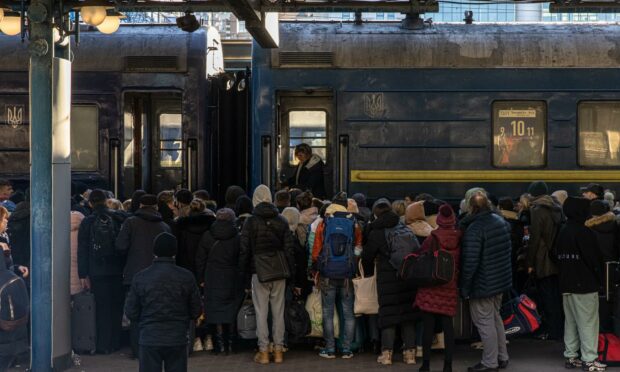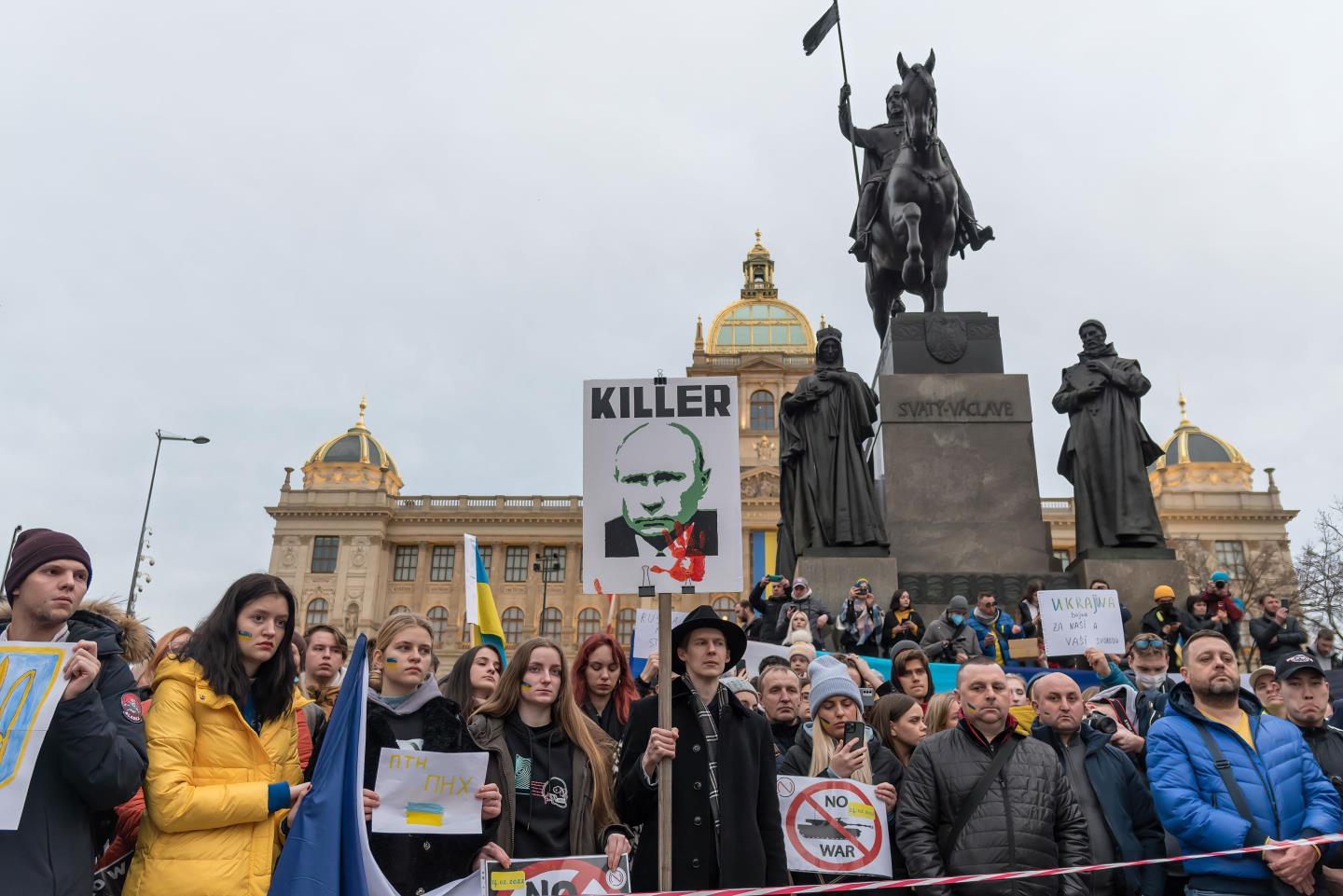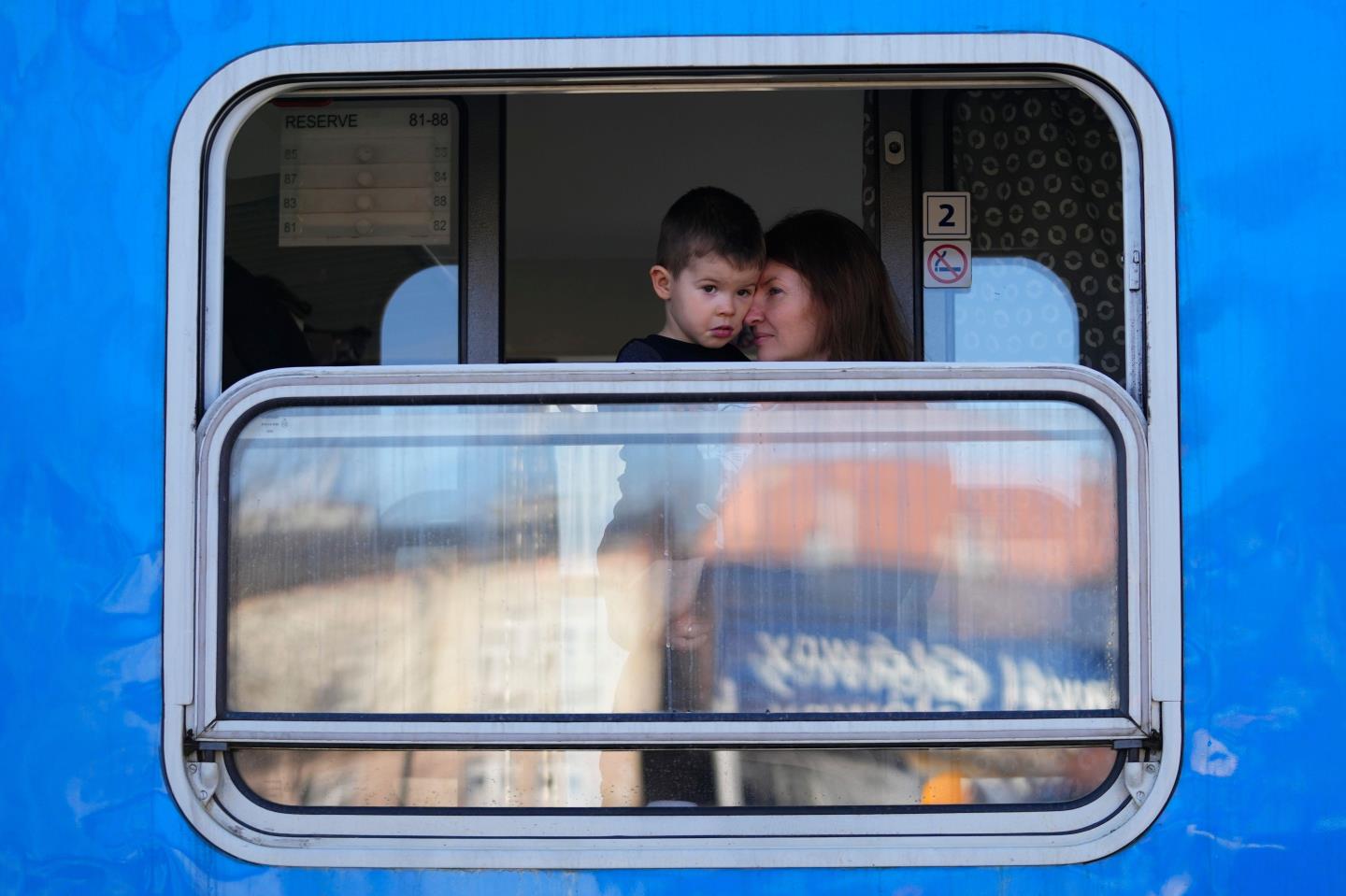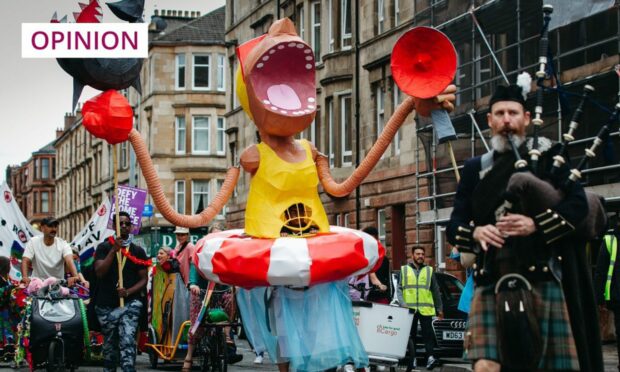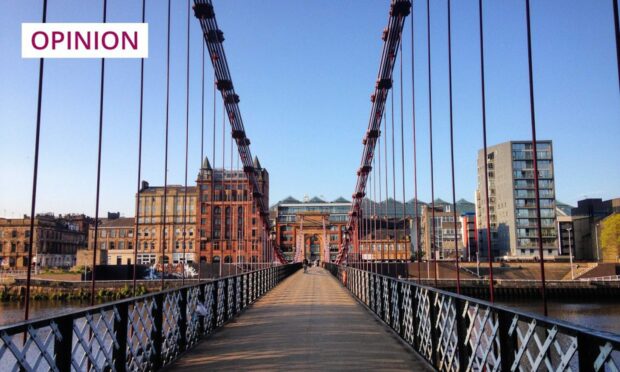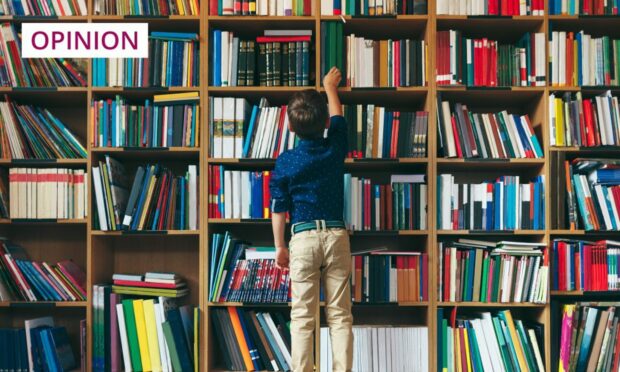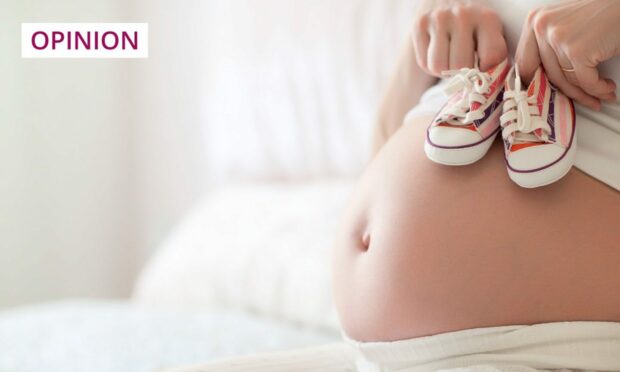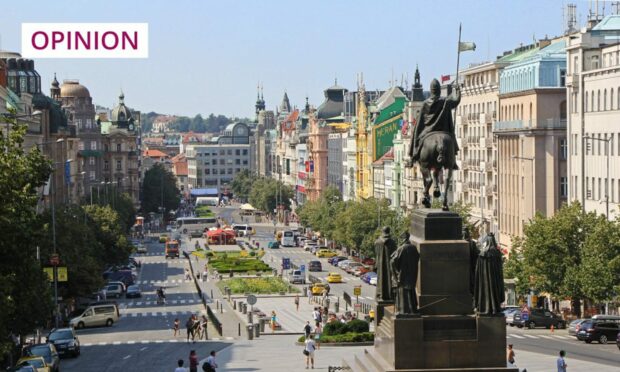If you had told me a week ago that, at five o’clock in the morning, I would welcome a stranger – whose name I didn’t even know, who I’d never IDed, who was sent to me by another stranger – into my home where my little boy was sleeping and give them their own key, I would have thought you were insane.
But, last week is last week and, this week, the whole world is very different.
Last Wednesday, I was five days mostly-recovered from urgent, lifesaving surgery that allowed me to breathe properly again after two years. In Prague, it was the first of the sunnier, blue sky days, letting us know that spring is on its way.
That afternoon, my toddler learned how to use a playground slide and dissolved into hysterics as he launched himself down again and again. In the evening, we booked flights to see the sea in Italy – taking my son to see the ocean for the first time had been my promise to myself when I woke up from surgery. I was grateful and joyful to be alive and given a second chance.
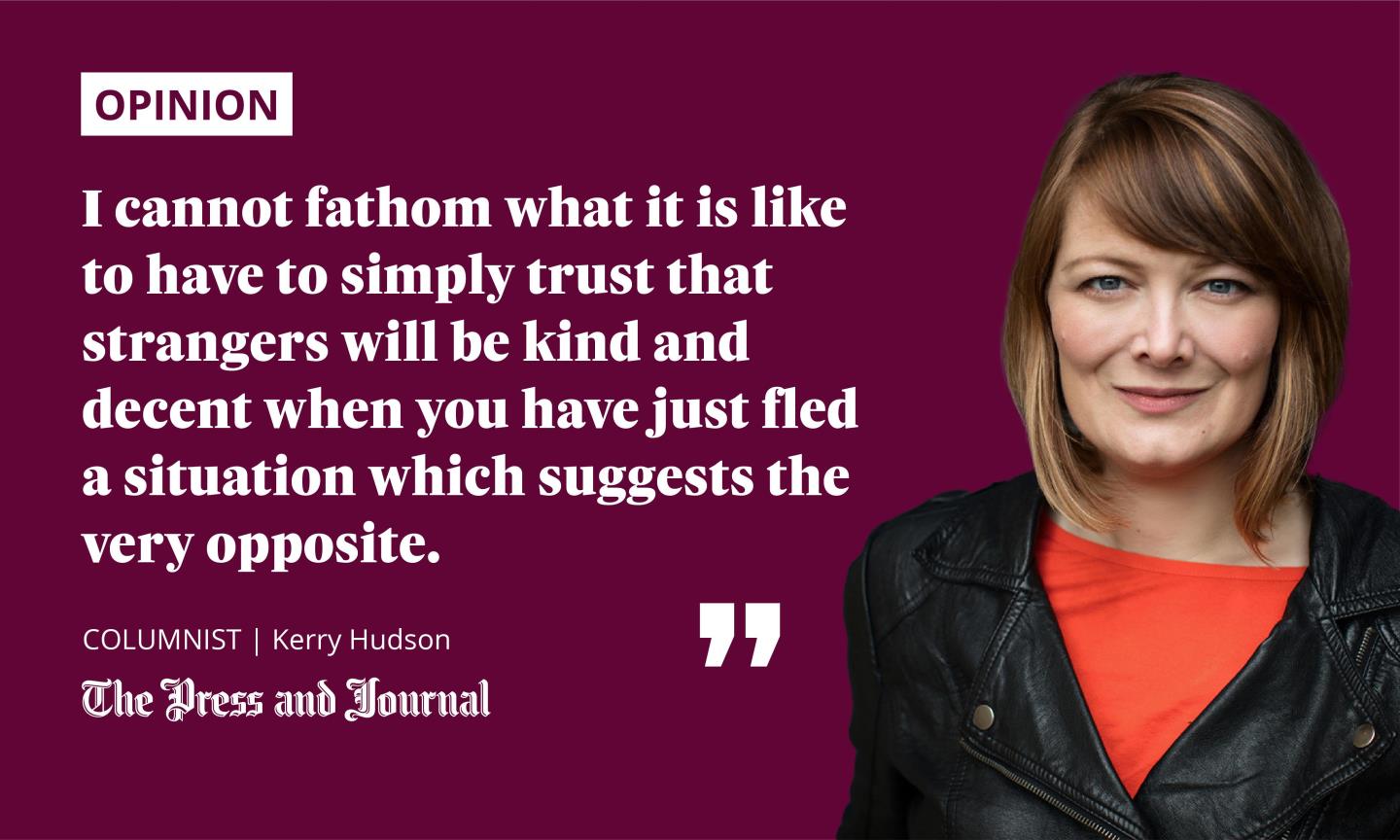
At 3.30am, I woke up and watched the invasion of Ukraine unfold on the lit-up screen of my phone as my husband slept next to me. By following Ukrainian journalists on Twitter, I was able to jump from account to account and watch the invasion in almost-real time, my heart hammering in my ribs.
On Thursday morning, we woke to an entirely changed Europe. Like everyone else around the globe, I watched people queue at train stations with what they could carry crammed into wheeled suitcases, children kneeling on cold metro platforms to talk to their cats in pet carriers, the lines and lines of cars gridlocked on the motorway in Kyiv.
Prague has sprung into action
I was also waking to an entirely changed Czech Republic. As well as having a recent and very tangible history of Soviet occupation, the Czech Republic is home to a huge community of Ukrainians. In Prague alone, there are almost 70,000 registered for temporary or permanent residency. And they were also watching in horror and making moves to get their loved ones to safety.
The Czech Republic, along with neighbouring countries, was told to expect a huge influx of displaced people from Ukraine.
On that first day, in a matter of hours, the whole city had mobilised. Facebook Groups that were usually reserved for general daily advice about life in Prague – from hairdressers to the best place to buy honey – became centres for grassroots action and activism.
Every person I knew, even by acquaintance, was offering something – free legal advice, medical supplies, counselling, massage, beauty products, donations of baby food and clothes, babysitting, translation.
It seemed that everyone and anyone with a spare room or an air mattress in Prague was offering it up to arriving Ukrainians. That included us
People set out to drive buses to the borders to collect people. Collections for clothes, food and hygiene products were set up around the city. Another person collated all the information needed about crossing borders with animals, knowing so many people would not flee if they couldn’t take their pets. Other people offered to catsit.
It also seemed that everyone and anyone with a spare room or an air mattress in Prague was offering it up to arriving Ukrainians. That included us.
Offering comfort and safety
We added our name and offer of a room on every form and website we could find, just like everyone else in Prague, it seemed. In fact, it was our living room with sofa bed, but at least it was large, comfortable and safe.
At 7.30pm on Sunday, someone posted an urgent request for accommodation on Facebook, the first of many in the coming days. I replied that we could host someone. The woman messaged that our guest would arrive at 1.30am and sent the telephone number of the man who was driving them from the border.
We've put out an offer to give a Ukrainian a room (specifically our living room but it's big & comfy at least). Czech Republic has large community of Ukrainians who're currently trying to get their friends and family out to safety. Please offer accommodation if you can. Links 👇
— Kerry Hudson (@ThatKerryHudson) February 25, 2022
My husband and I rushed around, trying to make our usual domestic chaos presentable, finding clean linen and towels. I looked out some pyjamas while my husband went to the late-night supermarket for a SIM card, toiletries, a toothbrush and snacks.
Like many people, we have no experience of hosting someone who has fled an aggressive invasion. Instead, we tried to imagine what might bring us comfort in those unimaginable circumstances: local currency, a soft, thick pair of socks, chocolate biscuits, fruit, a vase of flowers, a journal and pen, a note with all the information they might need written in Ukrainian, courtesy of Google translate.
Our guest had a single rucksack and, amazingly, a smile on her face
They arrived at 5am. A quick handshake with the driver, a Prague local who had taken it upon himself to drive his car to the border and transport three women he’d never met, and he was gone.
We could all open our doors 10 times over
Our guest had a single rucksack and, amazingly, a smile on her face. Indeed, despite arriving in a strange country, to a stranger’s home, after three days of travel on five hours’ sleep, she was warm and thoughtful.
We knew nothing about her. But she knew nothing about us either, and I cannot fathom what it is like to have to simply trust that strangers will be kind and decent when you have just fled a situation which suggests the very opposite.
It is early days, indeed, only six days into the war. In a few weeks, our guest will be placed in longer-term accommodation and we will continue to offer the space we have to people arriving in the middle of night with a rucksack. Just like everyone else in the city.
Sadly, the need for help is already overwhelming and we could all open our doors 10 times over. The EU says that there could be up to seven million displaced Ukrainians, calling it “the largest humanitarian crisis on our European continent in many, many years”.
In the meantime, we’re doing everything we can to make our guest comfortable. Over food we talk not just about war, but about India, Italy and Germany – places we have mutually travelled. About family and fashion and Kyiv in better times.
My son, blissfully oblivious, is accordingly curious and excited. He simply thinks we have a friend to stay. As, indeed, we do.
- The fee for this article is being donated to Czech non-governmental organisations, People in Need and Caritas. If you would like to support displaced Ukrainians arriving in the Czech Republic please visit charita.cz or peopleinneed.net
Kerry Hudson is an Aberdeen-born, award-winning writer of novels, memoirs and screenplays. She lives in Prague with her husband, toddler and an angry black cat
